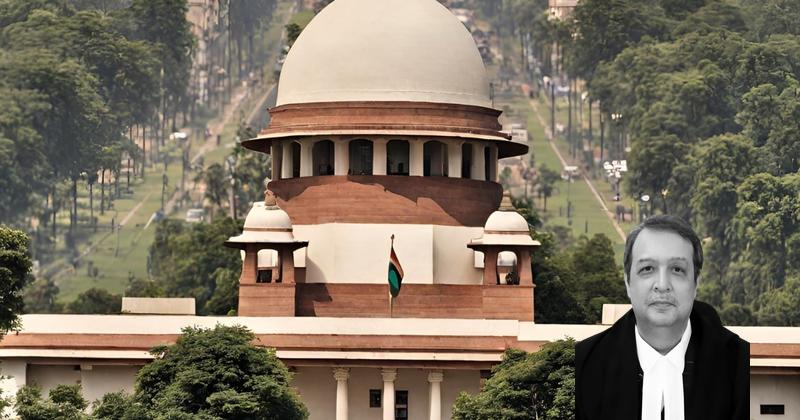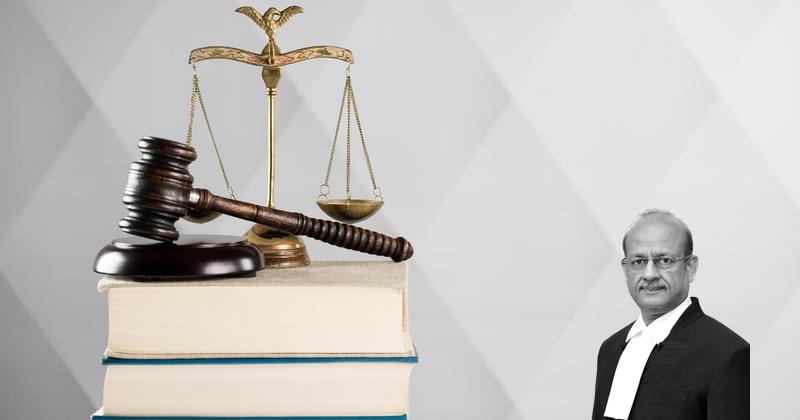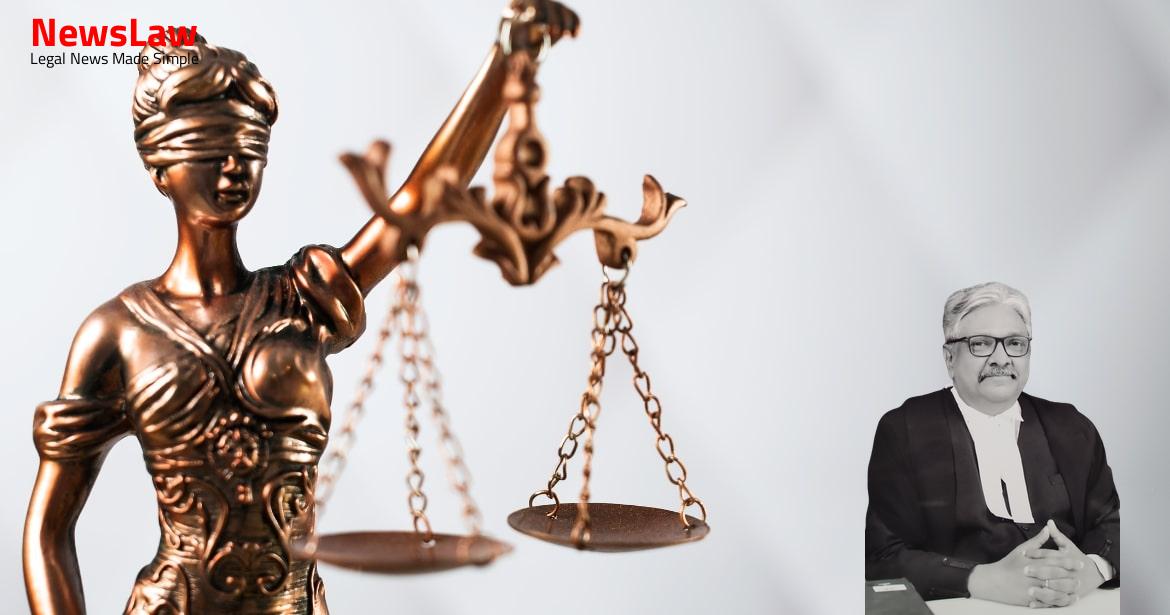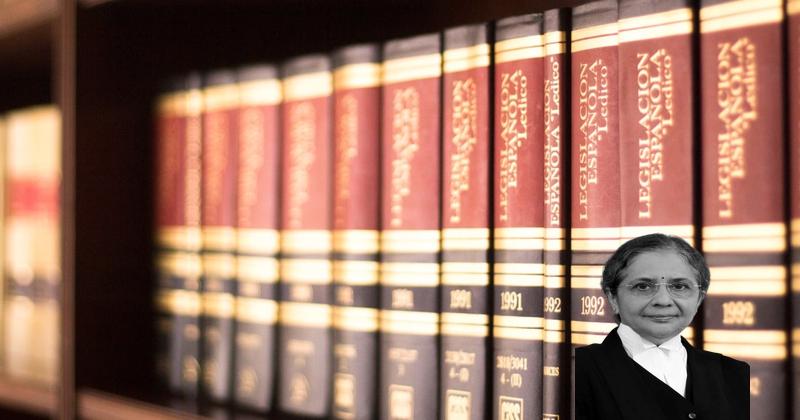REPORTABLE IN THE SUPREME COURT OF INDIA CRIMINAL APPELLATE JURISDICTION CRIMINAL APPEAL NOS.
Dwarakanadha Reddy (A-1) was holding the post of Appraiser, Customs Department since 2004, and his main income was his salary. 64, 41, 690.92 lakh between 01.04.2001 and 31.03.2005, however their combined income during the said period was Rs. 173 Cr.PC is being filed which may be accepted.” It was further prayed that the documents seized during the course of investigation be returned so that the same could be used in the regular departmental action that may be initiated against the accused No 1. On 24.02.2012, departmental proceedings were initiated against the accused No 1. before this Hon’ble Court on 24.12.2008 with a prayer to close the FIR as a mistake of fact…” “… It is humbly submitted that now new evidences emerged to prove the allegation levelled against the above said accused persons and to substantiate the charge of possession of the disproportionate to the known sources of income of A-1 and A-2. Hence, it is just and proper to order for re-opening of the case.” On 01.03.2014, the CBI issued a letter/summons No RC 27/A/2006/ CBI/ACB/ CIV/0799 to the Deputy Commissioner of Customs, Chennai- Vigilance Customs House, Chennai, requiring the presence of the respondent No.3 D. Palaniappan, Inspector of Police, CBI/ACB, Chennai filed a petition in the Hon’ble Court of Principal Special Judge for CBI Cases, Chennai seeking the orders of the said court for re- opening of investigation and the Hon’ble Court of PSJ, Chennai had issued order dt. (v) The Magistrate’s power to order further investigation under Section 156(3) of the CrPC does not conflict with the power of the police to investigate further in light of Section 173(8) of the CrPC, and therefore the Magistrate can order reopening of the investigation. On 2.06.2015, the respondent No 2 herein filed Crl. On 27.04.2015, the respondent No 1 herein filed Crl.
(iii)
In terms of the judgment in Vinay Tyagi (supra) no investigation agency is empowered to conduct a fresh, de-novo or reinvestigation once a report under Section 173(2) of the CrPC is filed.
(vi) The Special Court thus had no power to grant permission to conduct a further investigation. Thus, the High Court ultimately quashed the entire prosecution, essentially on the ground that the Special Court (CBI) had no jurisdiction/power to grant permission to the CBI to conduct further investigation. However, the same was not looked into on the ground that the said order passed by the Co-ordinate Bench was per incuriam and, therefore, not binding to another Co-ordinate Bench. The learned counsel further submitted that the respondent No 3 (Accused No 1) had questioned the entire action on the part of the CBI in seeking to re-open the case and undertake further investigation before the High Court by filing Crl.
Also Read: https://newslaw.in/case-type/criminal/analysis-of-bail-granting-criteria-in-criminal-cases/
On the other hand, all the appeals have been vehemently opposed by the learned counsel appearing for the accused persons, submitting that no error, much less an error of law could be said to have been committed by the High Court in passing the impugned orders. The learned counsel laid much stress on the fact that for the purpose of granting permission to conduct further investigation, something must be pending before the court concerned in the primary report to enable to file a supplementary report. Syed Bazlullah to investigate this case in RC MA 1 2006 A 0027 for an offence under Section 13(1)(e) of the 1988 Act, which thereon got culminated into the chargesheet in C.C.No.13 of 2015. — If, upon an investigation under this Chapter, it appears to the officer in charge of the police station that there is not sufficient evidence or reasonable ground of suspicion to justify the forwarding of the accused to a Magistrate, such officer shall, if such person is in custody, release him on his executing a bond, with or without sureties, as such officer may direct, to appear, if and when so required, before a Magistrate empowered to take cognizance of the offence on a police report, and to try the accused or commit him for trial.” The plain reading of Section 169 of the CrPC, therefore, postulates that when the Investigating Officer reports his action to the learned Magistrate, it will not be a report, however it will be a report of his action either by the Investigating Officer or by the Officer in-charge of the police station.
(1A)
The investigation in relation to an offence under sections 376, 376A, 376AB, 376B, 376C, 376D, 376DA, 376DB or 376E from the date on which the information was recorded by the officer in charge of the police station. (3) Where a superior officer of police has been appointed under section 158, the report shall, in any case in which the State Government by general or special order so directs, be submitted through that officer, and he may, pending the orders of the Magistrate, direct the officer in charge of the police station to make further investigation. (8) Nothing in this section shall be deemed to preclude further investigation in respect of an offence after a report under sub- section (2) has been forwarded to the Magistrate and, where upon such investigation, the officer in charge of the police station obtains further evidence, oral or documentary, he shall forward to the Magistrate a further report or reports regarding such evidence in the form prescribed; and the provisions of sub- sections (2) to (6) shall, as far as may be, apply in relation to such report or reports as they apply in relation to a report forwarded under sub-section (2). Thus, though Section 169 of the CrPC does not contemplate making a report, it contemplates of obtaining a bond with or without sureties from the accused to appear if and when so required before the Magistrate empowered to take cognizance of the offence on a police report and such report is contemplated under Section 173 of the CrPC. Ramamurthi Naidu reported in AIR 1919 Mad 751, where it was observed that: ” Another contention is put forward that when a report of investigation has been sent in under Section 173 of the Cr PC, the police has no further powers of investigation, but this argument may be briefly met by the remark that the number of investigations into a crime is not limited by law and that when one has been completed another may be begun on further information received.”. Such a course is not altogether outside the contemplation of the scheme of the Code as appears from Section 202 under which a Magistrate taking cognizance on a complaint can order investigation by the police. reported in 1974 Crl LJ 970, a Full Bench of the High Court of Punjab and Haryana held that the police became functus officio once the Court took cognizance of an offence on the filing of a chargesheet by the police and thereafter, further investigation by the police was not permissible. Section 173(8) of the CrPC may be fragmented or dissected as under: (1) Further investigation can be done in respect of an offence wherein report under Section 173(2) has been forwarded to the Magistrate; and (2) During further investigation, the officer-in-charge has power (a) to obtain further evidence, oral or documentary, (b) to forward the Magistrate, a further report or reports regarding such evidence in the form prescribed, (3) The provisions of sub sections (2) to (6) shall, as far as may be, apply in relation to such further report or reports.
Thus, even where chargesheet or Challan has been filed by the police under sub section (2) of Section 173 of the CrPC, the police can undertake further investigation in respect of an offence under sub section (8) of Section 173 of the CrPC. Wherever a final report forwarded by the Investigating Officer to a Magistrate under Section 173(2)(i) of the CrPC is placed before him, several situations may arise. The report may conclude that an offence appears to have been committed by a particular person and persons, and in such a case the Magistrate may either: (1) accept the report and take cognizance of offence and issue process, (2) may disagree with the report and drop the proceeding or may take cognizance on the basis of report/material submitted by the investigation officer, (3) may direct further investigation under Section 156(3) and require police to make a report as per Section 173(8) of the CrPC. State of Gujarat and Others reported in (2004) 5 SCC 347, the prime consideration for further investigation is to arrive at the truth and do real and substantial justice. In other words, the mere fact that there may be further delay in concluding the trial should not stand in the way of further investigation if that would help the court in arriving at the truth and do real and substantial and effective justice.
From a plain reading of the above section it is evident that even after completion of investigation under sub-section (2) of Section 173 of the Code, the police has right to further investigate under sub-section (8), but not fresh investigation or reinvestigation. In view of the position of law as indicated above, the directions of the High Court for reinvestigation or fresh investigation are clearly indefensible. In India, as has been shown, there is a statutory right on the part of the police to investigate the circumstances of an alleged cognizable crime without requiring any authority from the judicial authorities, and it would, as their Lordships think, be an unfortunate result if it should be held possible to interfere with those statutory rules by an exercise of the inherent jurisdiction of the Court.
Power of the police to conduct further investigation, after laying final report, is recognised under Section 173(8) of the Code of Criminal Procedure. If the report is to the effect that the allegations in the original complaint were found true in the investigation, or that some other accused and/or some other offences were also detected, the court has to decide whether cognizance of the offences should be taken or not on the strength of that report. Although the said sub-section does not, in specific terms, mention about the powers of the court to order further investigation, the power of the police to conduct further investigation envisaged therein can be triggered into motion at the instance of the court. Papaiah and Others reported in (1997) 7 SCC 614, it was held in Para 13: “ The Magistrate could, thus in exercise of the powers under Section 173(8) CrPC direct the CBI to “further investigate” the case and collect further evidence keeping in view the objections raised by the appellant to the investigation and the “new” report to be submitted by the investigating officer would be governed by sub-sections (2) to (6) of Section 173 CrPC.”. It would ordinarily be desirable and all the more so in this case, that the police should inform the court and seek formal permission to make further investigation when fresh facts come to light instead of being silent over the matter keeping in view only the need for an early trial since an effective trial for real or actual offences found during course of proper investigation is as much relevant, desirable and necessary as an expeditious disposal of the matter by the courts.
In our view, notwithstanding that a Magistrate had taken cognizance of the offence upon a police report submitted under Section 173 of the 1898 Code, the right of the police to further investigate was not exhausted and the police could exercise such right as often as necessary when fresh information came to light. Where the police desired to make a further investigation, the police could express their regard and respect for the court by seeking its formal permission to make further investigation.” In State of Andhra Pradesh v. The power of the investigating officer to make further investigation in exercise of its statutory jurisdiction under Section 173(8) of the Code and at the instance of the State having regard to Section 36 thereof read with Section 3 of the Police Act, 1861 should be considered in different contexts.
In Vinay Tyagi (supra), it was held that “further investigation” in terms of Section 173(8) of the CrPC can be made in a situation where the investigating officer obtains further oral or documentary evidence after the final report has been filed before the Court. It does not stand to reason that the legislature provided power of further investigation to the police even after filing a report, but intended to curtail the power of the court to the extent that even where the facts of the case and the ends of justice demand, the court can still not direct the investigating agency to conduct further investigation which it could do on its own. There is no warrant for such a narrow and restrictive view of the powers of the Magistrate, particularly when such powers are traceable to Section 156(3) read with Section 156(1), Section 2(h) and Section 173(8) CrPC, as has been noticed hereinabove, and would be available at all stages of the progress of a criminal case before the trial actually commences.
Thus, this Court, in conclusion, observed that, “ when Section 156(3) states that a Magistrate empowered under Section 190 may order “such an investigation”, such Magistrate may also order further investigation under Section 173(8), regard being had to the definition of “investigation” contained in Section 2(h).” Thus, in view of the law laid down by this Court in the various decisions cited hereinabove, it is well settled that sub section (8) of Section 173 of the CrPC permits further investigation, and even dehors any direction from the court, it is open to the police to conduct proper investigation, even after the court takes cognizance of any offence on the strength of a police report earlier submitted.
State of West Bengal reported in 1980 (2) SCC 91, it was submitted that when a final report of the police is submitted to the Magistrate and the Magistrate passes an order (a) agreeing with the report of the police and filing proceedings; or (b) not agreeing with the police report and holding that the evidence is sufficient to justify the forwarding of the accused to the Magistrate and takes cognizance of the offence complained of, such order is a judicial order. What is necessary to be examined is as to whether an order passed under Section 190(1) of the CrPC accepting a final report being a judicial order would bar further investigation by the police or the CBI as in the present case, in exercise of the statutory powers under chapter XII of the CrPC? A perusal of the impugned judgment of the High Court shows that it took the view that the Magistrate had no jurisdiction to take cognizance after the final report submitted by police had been once accepted. Shri Francis for the respondents, however, contends that the order of the Magistrate taking cognizance pursuant to filing of further report amounted to entertaining second complaint which is not permissible in law. In the present case, this is precisely what had happened, as on further investigation being made, fresh materials came to light which led to the filing of further report stating that a case had been made out. Pursuant to such recommendation, the Government of Kerala by a notification dated 02.12.1994 accorded its consent under Section 6 of the Delhi Special Police Establishment Act, 1946 (for short, ‘the Act’) for further investigation of the case by the CBI.
The Court drew inspiration from the fact that sub section (8) clearly envisages that on completion of further investigation, the investigating agency has to forward to the Magistrate a “further” report or reports – and not fresh report or reports – regarding the “further” evidence obtained during such investigation. However, the Court further observed thus: “ To put it differently, if any further investigation is to be made, it is the CBI alone which can do so, for it was entrusted to investigate into the case by the State Government. Papaiah (supra) on a complaint made by the UPSC, investigation had been carried out by the CBI and final report was submitted under Section 173 of the CrPC before the Metropolitan Magistrate, before whom the first information report had been lodged, seeking closure of the case.
Upon receipt of communication of the order of the court accepting the closure report, the UPSC filed a petition before the learned Metropolitan Magistrate submitting that the complaint had not been properly investigated and that it had no notice about the acceptance of the final report. The Court also opined that since an order accepting final report was a judicial order and not an administrative order, therefore, it had no power to review such an order passed by it “rightly or wrongly” and that the UPSC could file a revision petition seeking appropriate orders against the acceptance of the final report from the revisional court. After referring to the provisions of Section 173(8) of the CrPC, the Court observed that the Magistrate could, thus, in exercise of the powers under Section 173(8) of the CrPC, direct the CBI to “further investigate” the case and collect further evidence keeping in view the objections raised by the UPSC to the investigation and the “new” report to be submitted by the Investigating Officer would be governed by sub-sections (2) to (6) of Section 173 of the CrPC.
Case Title: STATE THROUGH CENTRAL BUREAU OF INVESTIGATION Vs. HEMENDHRA REDDY ETC. ETC. (2023 INSC 460)
Case Number: Crl.A. No.-001300-001302 / 2023



